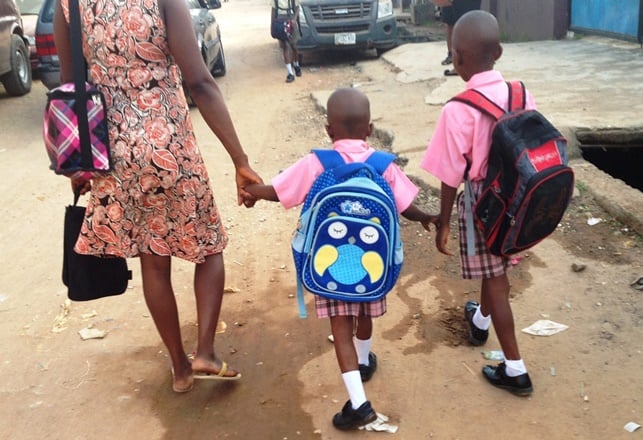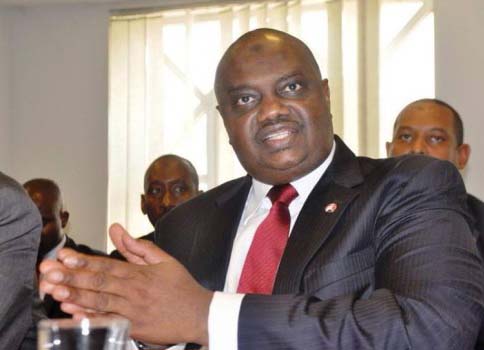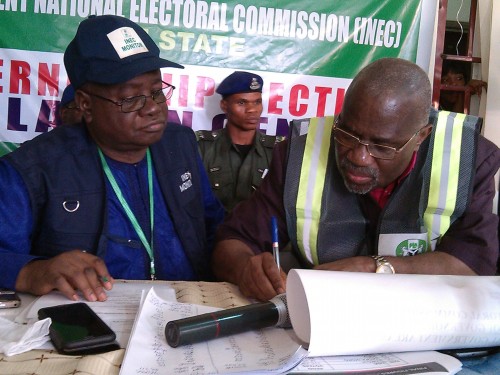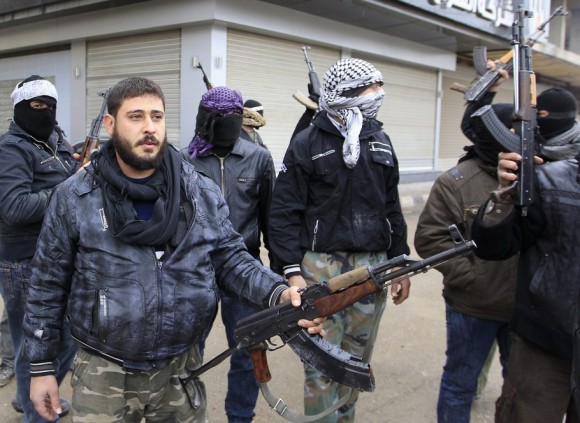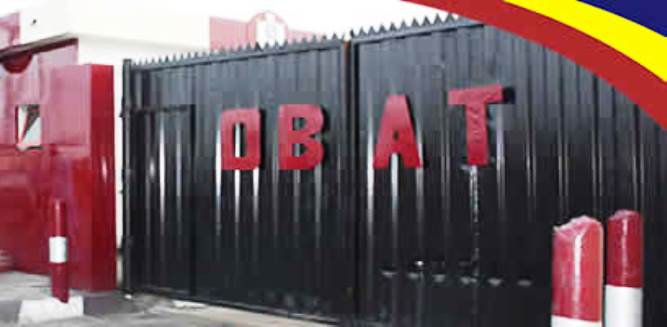Funmilayo Lawal has to hawk bread and butter through the nooks and crannies of Ogudu-Ojota axis of Lagos state to put her children through school.
Government-run public schools are free, but “not good enough” for Lawal, who resorted to a low cost private school because she wants “the best” for her children.
Chukwuemeka Irabor and his wife run a petty business at a local park in the Kosofe local government area of Lagos. They sell food to motorcyclists and the mite they make is expended on putting their three children through Olive nursery and primary school in Ogudu.
Chuks, as Irabor prefers to be called, is a product of public schools, but his belief that government schools have seen better days, drives him to do more to get quality education for his children.
Advertisement
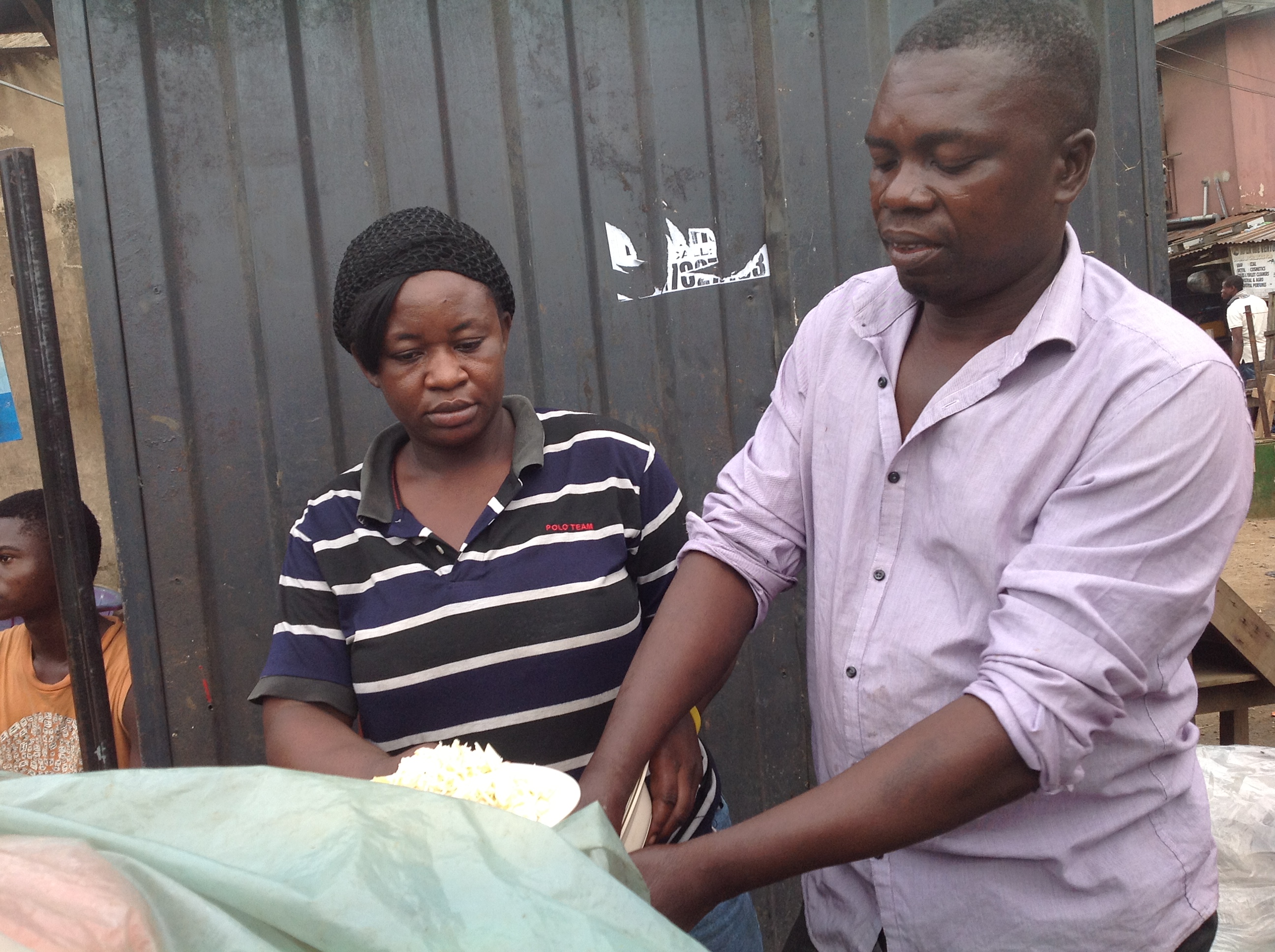
TheCable discovered many more stories, which highlight that low income earners not just in Kosofe but other areas in Lagos state prefer private schools to free government schools, despite their income.
THE REALITY OF EDUCATION IN LAGOS, NIGERIA
Sub-sarahan Africa has the largest number of out of school children in the world. Of this astronomical number which UNESCO put at 124 million in 2013, Nigeria takes responsibility for nine million – the largest number of out of school children in any country.
Advertisement
According to UNESCO policy paper for 2015, at least one million children are being “denied the right to education in Nigeria”.
There are fears that the number could have grown, following the fierce outbreak of insurgency in north-east Nigeria.
In 2013, the educational figures called for “an aggressive move” on education in Nigeria, but two years later, the most populous black nation on earth is nowhere near the feat.
The state of education in Lagos necessitated the question on the possibility of government to meet the educational needs of about over three million children.
Advertisement
Records show that the government had built just about 800 schools (primary and secondary) in over 30 years, while the private sector had come up with over 18,000 schools.
This underscores the fact that the Lagos state government cannot singlehandedly carter to the educational needs of all its citizens, necessitating private intervention.
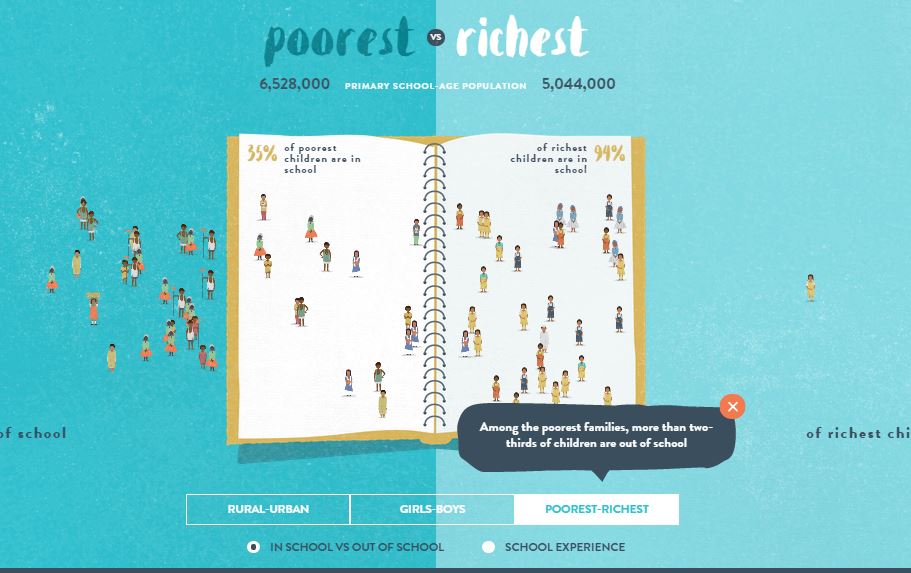
Ifejola Dada, president of the Association for Formidable Educational Development (AFED), a body for the standardisation and regulation of private education, also spoke on the need for private schools.
“Public schools are too far from the people. In riverine areas, you’ll discover that just one public school would be given to the whole community, which is not sufficient,” she said at a press conference in October.
Advertisement
According to Developing Effective Private Education Nigeria (DEEPEN), in Lagos, it is only in Epe local government that there are more government schools than private ones.
All these obvious signals say something about how to run sustainable education in Lagos state.
Advertisement
THE FINANCING OF PRIVATE EDUCATION
In numerous interactions with owners of private schools in Kosofe, TheCable found out that accessing finance for the upgrade of schools to meet government required standard is a herculean task.
Advertisement
A particular school owner on Amoo street in Ojota, said she cannot approach commercial banks for development loan because the interest for the category of the school she runs, is above 25 percent.
“There’s no way on earth, I’d take that kind of loan and not be forced to increase the school fees,” she said, adding that “the little being paid was difficult for some families to put together”.
Advertisement
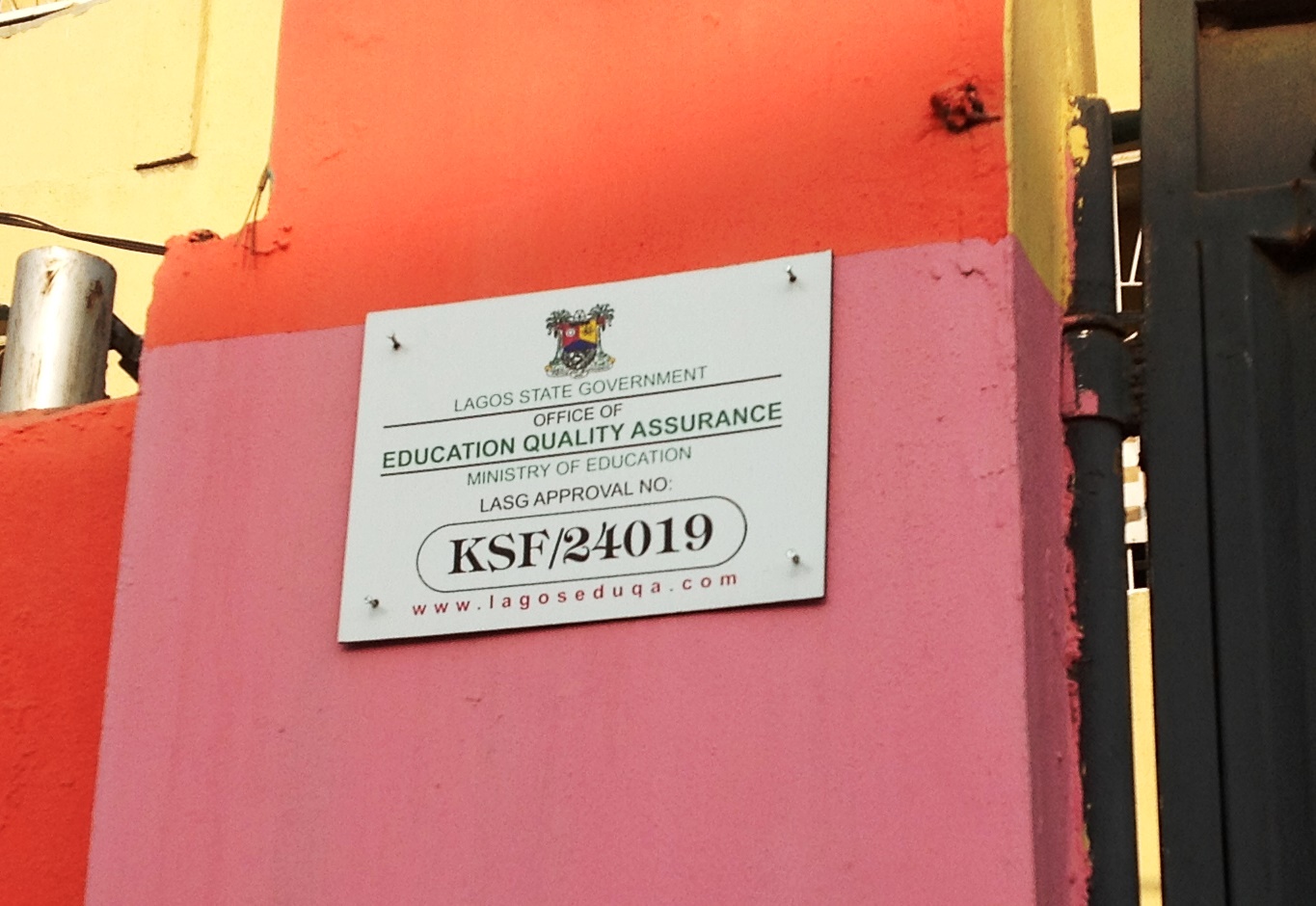
TheCable approached the Bank of Industry (BOI) to find out if there were loans available at relatively low interest rates for schools in need of it.
Responding, Waheed Olagunju, BOI’s executive director, small and medium enterprises (SMEs), said the bank does not provide loans for schools, which are not into manufacturing.
With staff strength of less than or equal to 50 and a turnover that is less than or equal to N100 million, these schools fit into BOI’s definition of micro and small enterprise, yet they cannot access available loans.
The schools have nowhere to turn to for funding considering BOI’s preference for building the Nigerian manufacturing sector and the astronomical interest rates of commercial banks.
SOME LOW INCOME EARNERS IN LAGOS PREFER PRIVATE SCHOOLS OUTSIDE THE STATE
Kunle Majekodunmi, a cobbler along the Ojota axis of Ikorodu road, said he cannot put his children in Lagos schools because of cost.
“My children school in private schools in Ibadan, I can’t afford private schools in Lagos,” he said.
When asked why he did not enrol them in free government schools in Lagos, he said: “Though I think public schools are not that bad, afterall I went to a public school, the schools are now overpopulated.
“Besides, those schools are no longer absolutely free, you have to pay for desk, broom, cane and many other things. That did not happen in our days.”
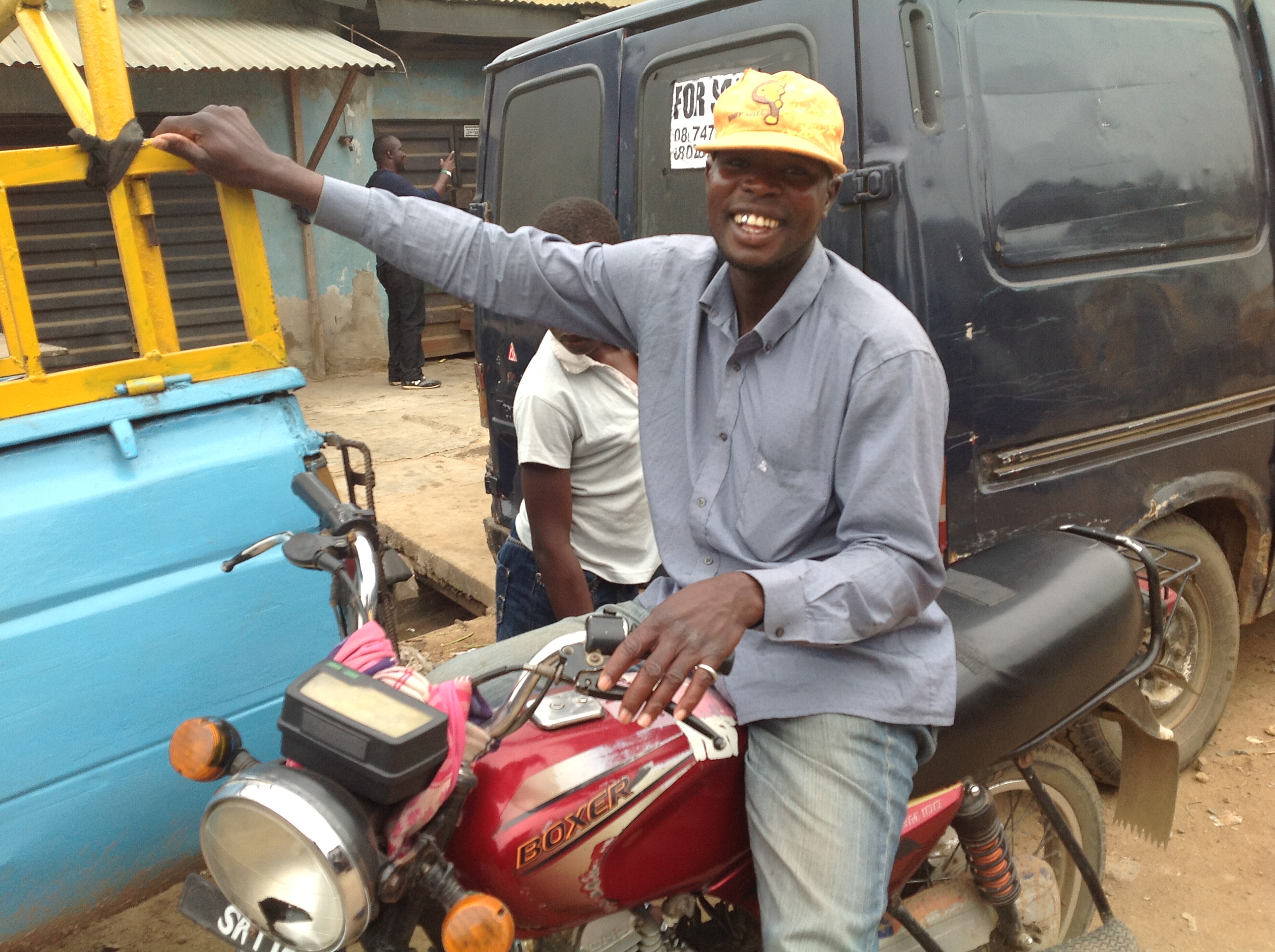
Abdulkadir Isa, a motorcyclist in Ogudu, said he came all the way from Kano state to do business in Lagos, but prefers to put his children in private schools back home.
“My children pay N3,000 per term in the school I put them in Kano, that I can afford, Lagos schools are rather expensive for me. I don’t want public schools, if private schools can be as low as N3,000, then I can bring my children to Lagos. I miss yaro (my boy).”
WAEC DATA SHOWS PRIVATE SCHOOL PERFORMING BETTER THAN GOVERNMENT SCHOOLS
In order not to rely on public opinion that Lagos private schools are doing better than their public counterparts, the results of West African Examination Council (WAEC) senior school examinations was obtained.
The results revealed that private schools did better than public schools from 2010 to 2014.
According to Collins Uduh, acting head of WAEC Nigeria’s research department, a typical examination number used by the council identifies the state, school, and candidate, sitting for the SSCE exam.
With specific reference to Mathematics, English, Biology, Commerce and Government, for Kosofe and Ikeja local government areas, it was discovered that private schools have had better performances in the last five years – a trend common in virtually all LGAs in the state.
For example, in Ikeja and Kosofe, no government school has been able to produce A1 in English language in the last five years, while private schools in the same local governments have produced 41 students with an A in the same subject.
WAEC RESULTS FOR PUBLIC AND PRIVATE SCHOOLS IN KOSOFE AND IKEJA LGA (2010-2014)
HOW GOVERNMENT ‘NEGLECTED’ ITS ROLE
“Aside retrieving taxes from private schools and enforcing registration and approval, the Lagos state government barely cares about the well-being of pupils outside public schools,” said the owner of one primary school in Ikeja.
“The government sees student in state schools as its sole business, but the compulsory, free Universal Basic Education (UBE) act of 2004 proves otherwise.”
With parents responsible for the fees of more than half of school children, it is obvious that the act which mandates “Every government in Nigeria shall provide free, compulsory and universal basic education for every child of primary and junior secondary school age,” is not being followed.
HOW ABOUT HELPING THE UNSUNG HEROES?
It is clear that the Lagos state government alone cannot meet the educational demand of its young population.
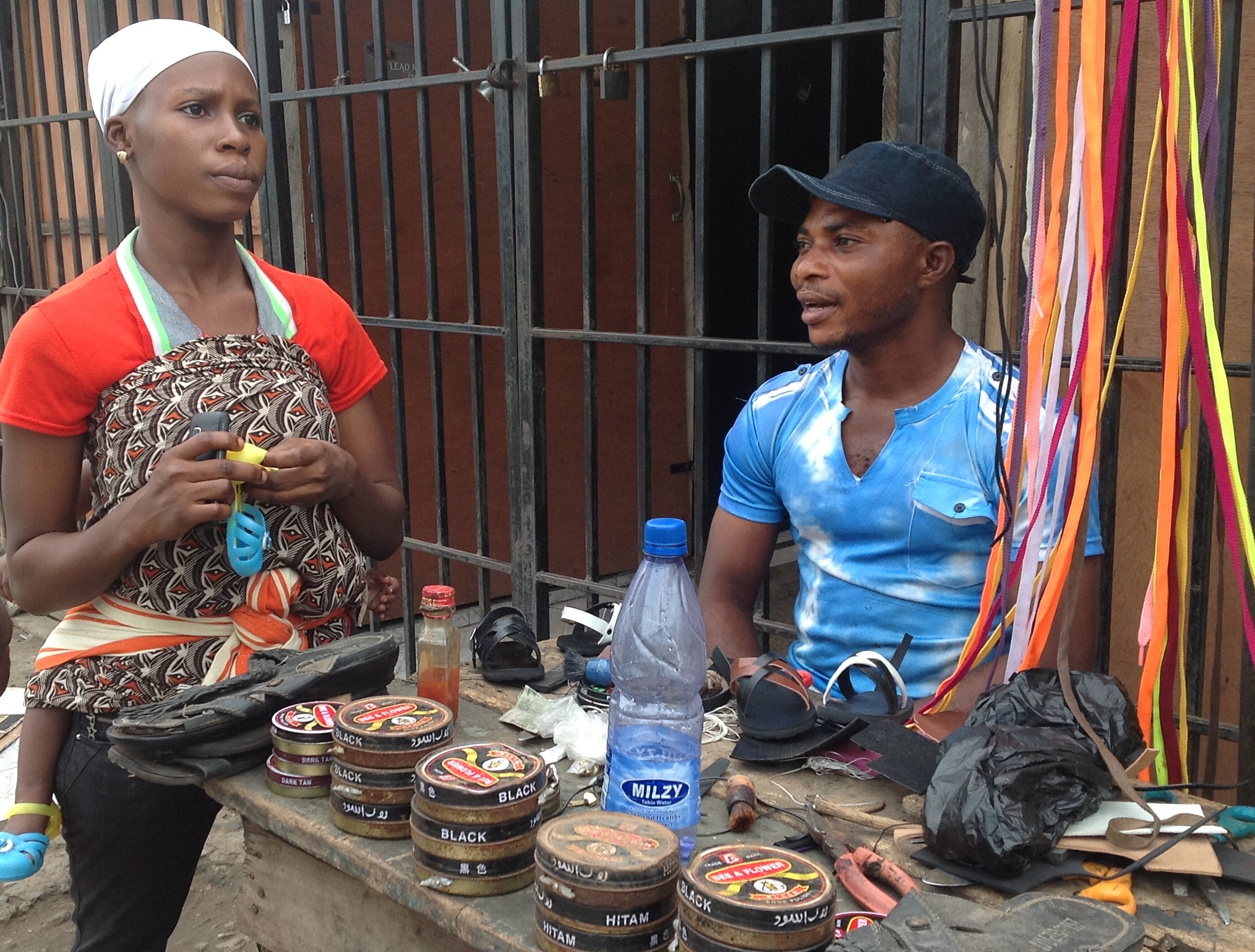
In 2014, the state government placed a critical focus on education, dedicating N77.42bn (15.81% of its budget) to the sector, yet less than 30 percent of its pupils got a credit in Mathematics and English in their senior school exams (WAEC).
If the government is spending billions on education and getting publicly resented schools with poor performance, and low income earners are spending meagre sums and obtaining better results in private schools, then the government may need to rethink education in the state.
This analysis suggests that if government empowers private schools to take more students, perhaps at a subsidized rate, a larger number of pupils in the state can turn out better results.
Lawal, Irabor, Majekodunmi, Isa and a thousand others who did not have the best of education, but are doing all to see their wards get educated, subsequently keeping our society safe, may be unsung today, but tomorrow would justify their hard earned investments.
Add a comment

